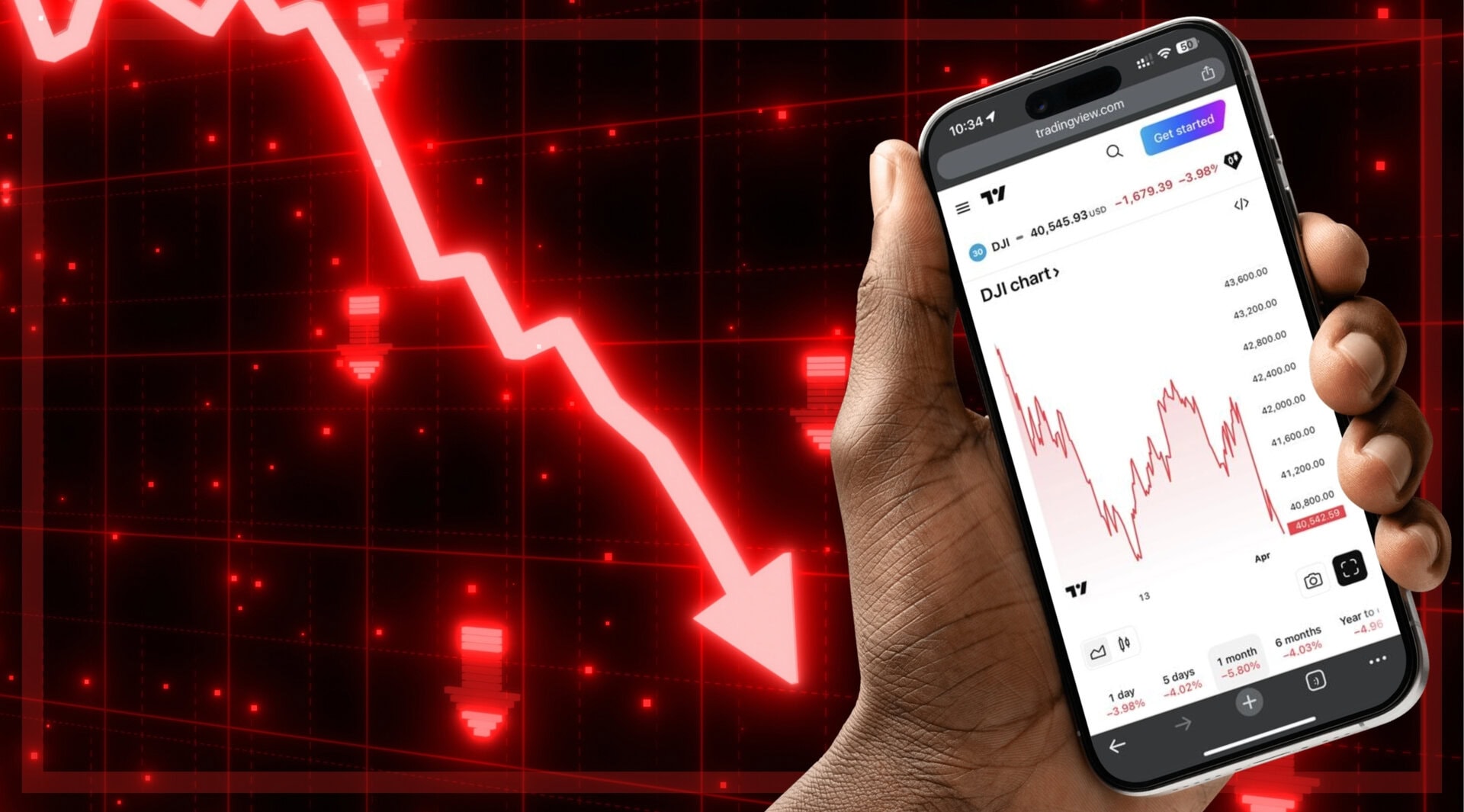Data released by the Central Bank of Turkey shows that investors, fund managers, and hedge funds are obtaining greater exposure to Turkish debt markets and lira-denominated bonds. The central bank revealed that foreign investors have purchased approximately $700 million worth of Turkish government bonds in the second quarter of this year, the biggest inflow of foreign capital that Ankara has seen since the start of 2021.
Following the Turkish elections earlier this year, which saw President Erdogan re-elected for a third term, the Turkish government has pursued a programme of policy normalisation after years of an ultra-unorthodox approach to monetary policy.
Erdogan has long viewed high interest rates as a scourge that allow foreign bankers to make substantial profits in Turkey and has insisted that the answer to lower inflation is to slash interest rates. This belief has seen inflation in Turkey run at well over 60% and the Turkish lira drop to record lows against the US dollar.
In the aftermath of the #reelection of President Recep Tayyip Erdogan, the Turkish Lira (TRY) fell to record lows against the US Dollar (USD)
— #DisruptionBanking (@DisruptionBank) June 13, 2023
This means TRY has now #depreciated in value by about 20% since the start of the year. https://t.co/5u86DZmer0 pic.twitter.com/qmOWX9sKm3
However, after the election, Erdogan seems to have been convinced on the need to change course. He appointed an orthodox finance minister, Mehmet Simsek, and a former Goldman Sachs banker as governor of the central bank, Hafize Gaye Erkan. This raised hopes amongst foreign investors that Turkey was destined to bring monetary policy back in line with international norms, although the changes have not been implemented as quickly as many traders would have expected or liked.
Momentum has been growing in Turkish markets for several months now, particularly after the news that Moody’s is considering upgrading Ankara’s credit rating and the emergence of the Borsa Istanbul as one of the world’s best performing emerging stock markets.
The #Istanbul Stock Exchange has emerged as a safe haven for both local and foreign investors. The Borsa Istanbul is up almost 45% so far this year in both local currency and dollar terms and was one of the best #emergingmarkets performers last month.https://t.co/thWUPLNiuA
— #DisruptionBanking (@DisruptionBank) September 5, 2023
The latest data from the central bank demonstrates the extent to which foreign investors are now seeking greater exposure to Turkish markets in the hope of profiting from Ankara’s policy pivot. Yields on JP Morgan’s Turkey government bonds index have begun to drop from their peak of around 30%, demonstrating that investors are attributing lower levels of risk to Turkish markets.
Yields on Turkish five-year credit default swaps (CDS), the most accurate gauge of risk, are down almost 10% in the last month alone.
Furthermore, the Turkish lira has also started to strengthen against the dollar and move away from its record lows. The currency has gained over 3% against the greenback in today’s morning trading session alone on the back of this news.
Timothy Ash, an economist who focuses on Turkish markets and a long-time critic of Erdogan, believes that the signs are encouraging for foreign investors looking to increase their exposure to Turkish debt. He said that “November inflation print in Turky was encouraging for sure. It does feel that with rates higher, growth is slower, and the top is just being taken off inflation. Base effects are still powerful through to May but encouraging signs now.”
He also raised hopes that the Turkish central bank’s “policy tightening could be working on inflation sooner than we all expected.”
Major financial institutions appear to agree, with Europe’s largest asset management firm, Amundi, making steps to reverse its short position against the Turkish lira. Sergei Strigo, Amundi’s Co-Head of Emerging Markets Fixed Income, recently told Reuters that “we have started to cover our underweight in Turkish lira a few weeks ago […] we are not yet ready to increase the allocation in the lira but it is definitely on our radar screen.”
Exclusive: European fund giant Amundi dipping toe back into Turkey's lira https://t.co/xJoXmlMp8k pic.twitter.com/SenJuhAORh
— Reuters (@Reuters) November 28, 2023
Markets have rallied on the back of the central bank news, with investors optimistic that Turkey could prove to be one of the major emerging market opportunities for 2024. The lira is predicted to follow a steady uptrend, while S&P Global has revised upwards its growth forecasts despite tighter monetary policy.
Author: Harry Clynch
#Turkey #EmergingMarkets #Lira #Bonds #FX #Debt #InterestRates
















One Response
Lira is still overvalued to some new quant models